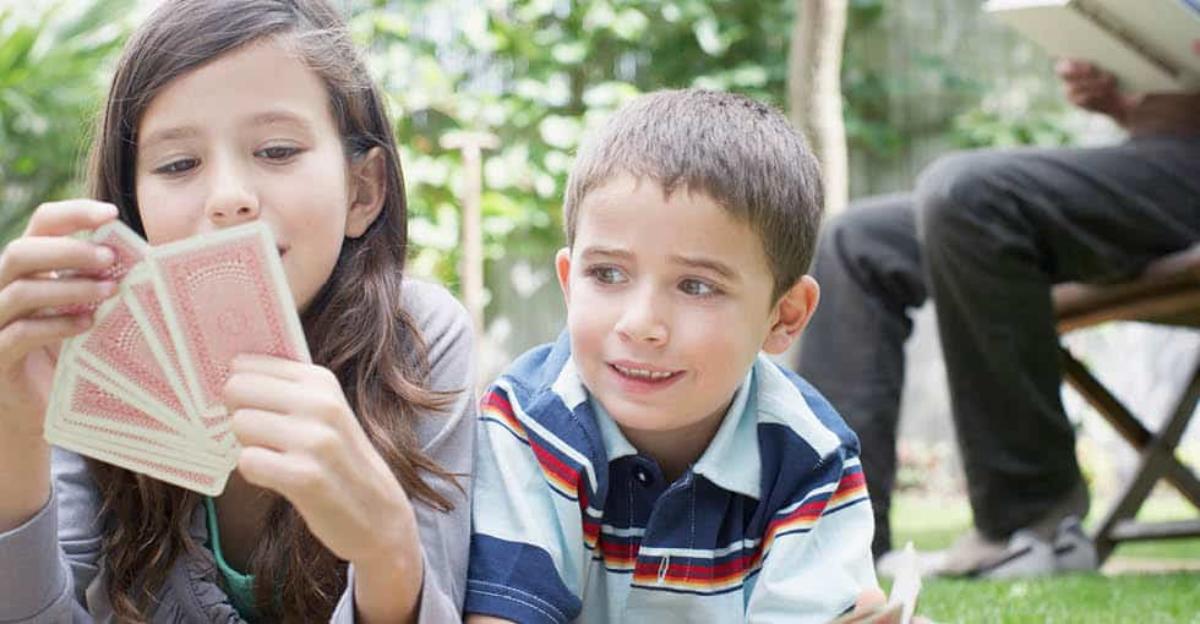Did you know that your child can lose up to 2.6 grade level equivalency of math skills during summer vacation? Math is definitely a use-it-or-lose-it subject, so don’t let your child’s brain turn to mush this summer. You can help keep skills sharp with a few fun math activities that are easy to incorporate into your daily routine. These games generally work best for middle elementary students, but with some creativity you can modify them to make them more challenging for older kids.
Recipe Fractions
Kids love to cook, and there’s no better way to sneak in some math practice than with an activity they already enjoy. You can start with some easy practice using a dedicated set of measuring cups to see how many pints are in a quart (or how many are in a liter) — adding food dye to water makes this fun!
To get in some good fraction practice, hand your child a favorite recipe but ask him or her to cut it in half (or thirds, or quarters) for smaller portions. Converting each measurement is great math practice. For a bigger challenge, find a European recipe that uses metric measurements and have your child convert that as they cook. The end result is educational and delicious.
Card Games
A standard deck of cards offers nearly endless ways to keep numbers at the forefront of kids’ minds on a rainy day. The classic card game War is perfect for the youngest students to practice basic numeracy and number-line thinking; for older kids, try variations like Double War. In this version, each player plays two cards and must add them together to find out who wins. You can change this to subtraction or multiplication for a bigger challenge.
Clock Skills
Odds are good that your home is filled with digital clocks, but is your child competent at using an analog clock? You might be surprised by how many adults can’t use them any more. Help your child learn this valuable skill by either turning off or putting a piece of painter’s tape over the digital clocks in your home – and don’t forget the coffee maker and stove! You can also change your computer and smartphone clocks to show an analog clock. If you don’t have any old-fashioned clocks in your house, purchase an inexpensive one for your child’s bedroom — then let the daily practice commence! All you need to do is ask your child what time it is and get the report. As skills improve, try asking how many hours and minutes until a favorite TV show starts.
Looking for more great ideas? Check out these other summer learning activities!






Leave a Reply